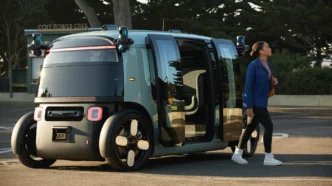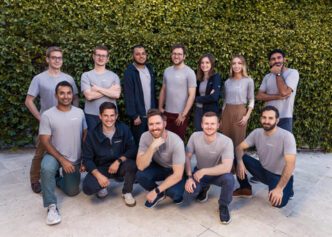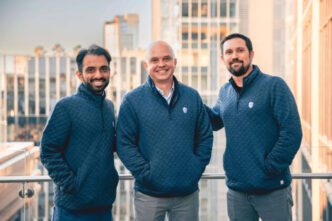Amazon’s Zoox robotaxi program hit a roadblock after a software glitch led to a crash in Las Vegas, forcing the company to recall 270 autonomous vehicles. The incident, which occurred on April 8, involved one of Zoox’s self-driving cars colliding with another vehicle. Fortunately, no one was inside the robotaxi at the time, and the crash caused only minor damage to both vehicles.
The issue, according to a filing submitted to the National Highway Traffic Safety Administration (NHTSA), stemmed from a flaw in Zoox’s automated driving system. The system failed to accurately predict the movement of other vehicles—an error that triggered the collision.
Following the crash, Zoox temporarily paused its driverless operations to investigate. The company later confirmed it had pinpointed the software problem, rolled out a fix, and updated the software on all affected vehicles. “After rigorous testing, we identified the root cause and deployed a software update to all Zoox robotaxis and test vehicles,” Zoox explained in a company blog post. Testing has since resumed.
While the accident was minor, it highlights the ongoing challenges in bringing autonomous driving technology safely to public roads. This isn’t Zoox’s first encounter with federal regulators either. The NHTSA recently closed an earlier investigation involving two separate crashes with Zoox-equipped Toyota Highlanders, where the vehicles unexpectedly braked and were rear-ended by motorcycles. Those incidents resulted in minor injuries.
Zoox, which Amazon acquired in 2020 for over $1 billion, has long aimed to disrupt urban transportation. It developed the first purpose-built robotaxi capable of speeds up to 75 miles per hour. With a design focused on AI, robotics, and clean energy, Zoox promises a new era of personal mobility—one that’s safer and more sustainable.
Despite the bold vision, progress has been slower than anticipated. The Zoox robotaxi service currently operates in limited areas, including Las Vegas and Foster City, California, with a small test fleet recently deployed in Los Angeles. Meanwhile, rivals like Alphabet’s Waymo have expanded across multiple U.S. cities, and Tesla is hyping its own robotaxi debut in Austin this June—though the company has a track record of missing deadlines.
As competition heats up, Zoox finds itself at a pivotal moment. With safety now in sharper focus, how it handles future rollouts may determine whether it can catch up in the race toward full autonomy.













